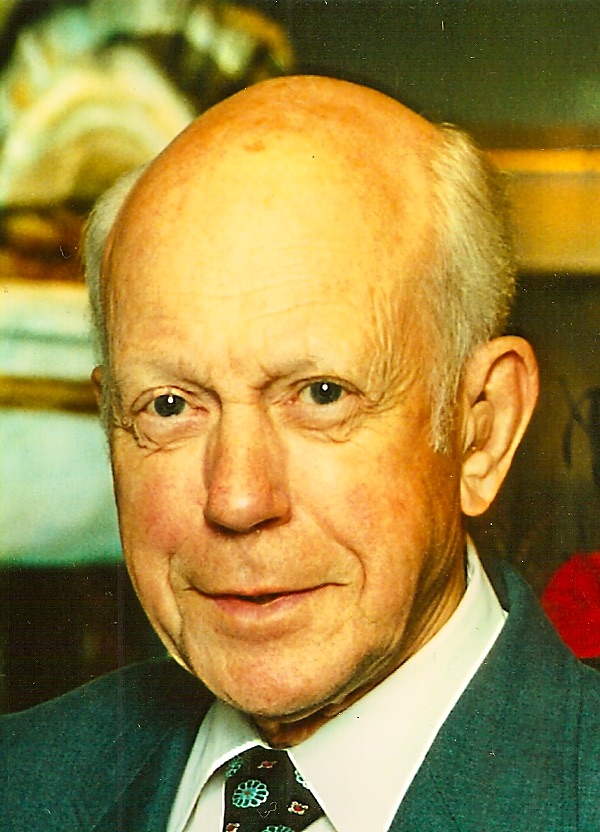MAY 20, 2021 – Dad would’ve turned 99 today—had he lived another 11 years. In his mind, 87, almost 88, was a respectable number. When the hospitalist gave him the bad news, Dad’s response was to note the ages of Presidents Washington and Lincoln. A student of history, Dad admired deeply George and Abe. “Washington died at 67,” Dad told the doctor, “and Lincoln made it to only 56, so I should be satisfied with 87.” Dad didn’t mention that he’d lived longer than both his parents and all his grandparents.
When he’d turned 85, I’d said, “Gee Dad, you’re going to live forever!”
“Oh, I don’t know about that,” he said. In retrospect, I think he was simply showing his Swedish reserve. He didn’t take much for granted. I knew, of course, he wouldn’t live “forever,” yet I admired how well he took care of himself and believed he had many good years left. But mostly, I loved Dad dearly and couldn’t bear the thought of his inevitable demise.
For a year after he died, I dreamt about Dad every single night. He still appears periodically in my dreams. During that first year, I also thought about him during my waking hours, mainly because I’d spend an hour or two each evening sorting through all the tangible items of the life he’d left behind. Inevitably, I’d contemplate all the intangible elements within the tangible ones—his interesting personality projected by his writings, his wide-ranging intellect reflected by his choice of books, his sophisticated appreciation for music revealed by his library of recordings, his love of nature in his exquisite photographs of trees and flowers, his refinement on display in his woodworking and masonry, and his integrity throughout his work papers and correspondence.
I’d always admired Dad’s skills and knowledge, but in that year-long examination of the multiple mirrors of his life, I grew to understand him as nothing short of a quiet . . . giant.
Today I feel Dad’s presence most at Björnholm. Acquired by his parents in 1939 (the cabin was built the next year), the place became Dad’s “project easel.” Despite the property’s long stretch of unadulterated lakeshore, Dad was never much of a water person. He didn’t troll for fish or tow his kids on water skis. He built stuff, repaired things, and spent his finest hours in the woods, admiring the trees. At day’s end, after hours of heavy labor, he’d sit out in front of the cabin—atop the steep bank. With a can of Hamm’s in hand, he’d admire the view as he plotted the next steps of his pending project.
In later years, after less demanding work, he’d repair to the front porch. With a cup of weak coffee in hand (a frugal, old school Swede, he’d never over-indulge), he’d read a book—or in cooler months, lean back in a rocker in front of the fireplace—listening in ecstasy to a recording of Dietrich Fischer-Diskau singing Schubert Lieder.
Like the great music he loved, Dad’s spirit lives on.
(Remember to subscribe to this blog and receive notifications of new posts by email.)
© 2021 by Eric Nilsson
